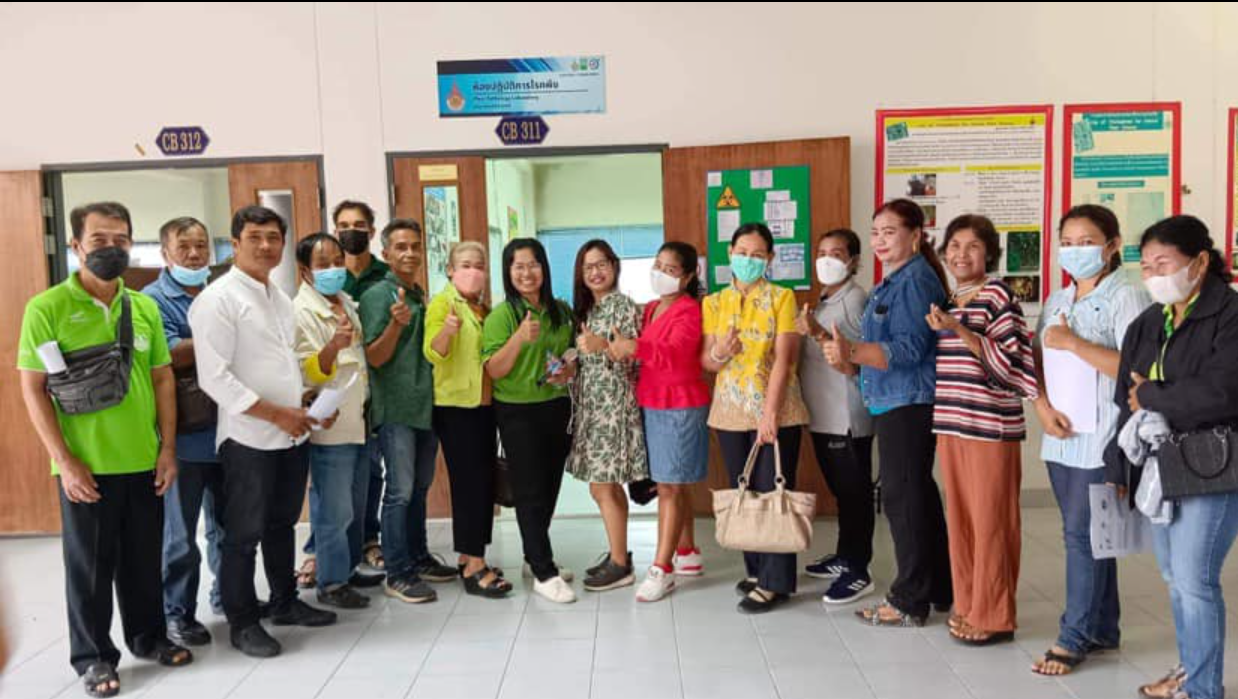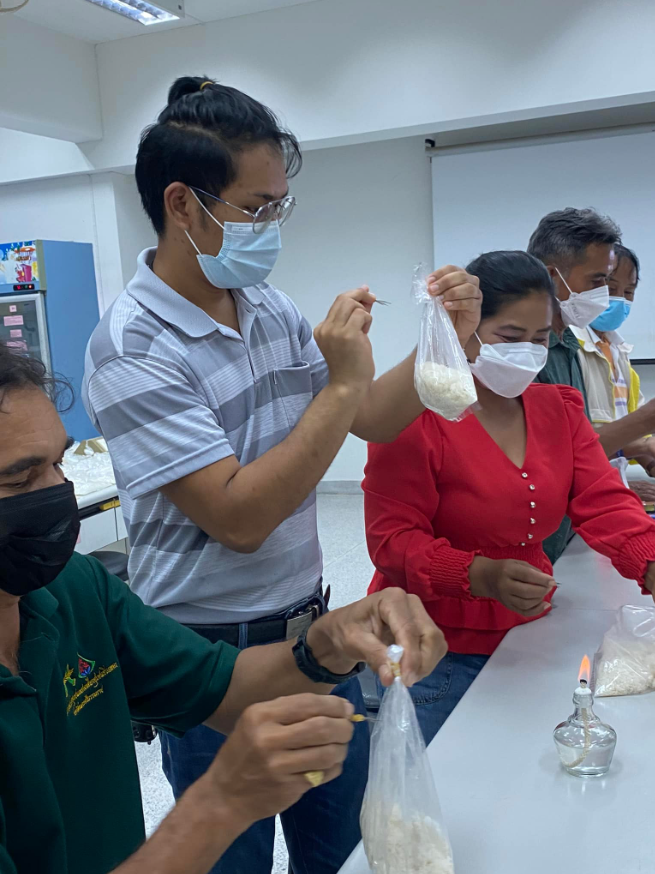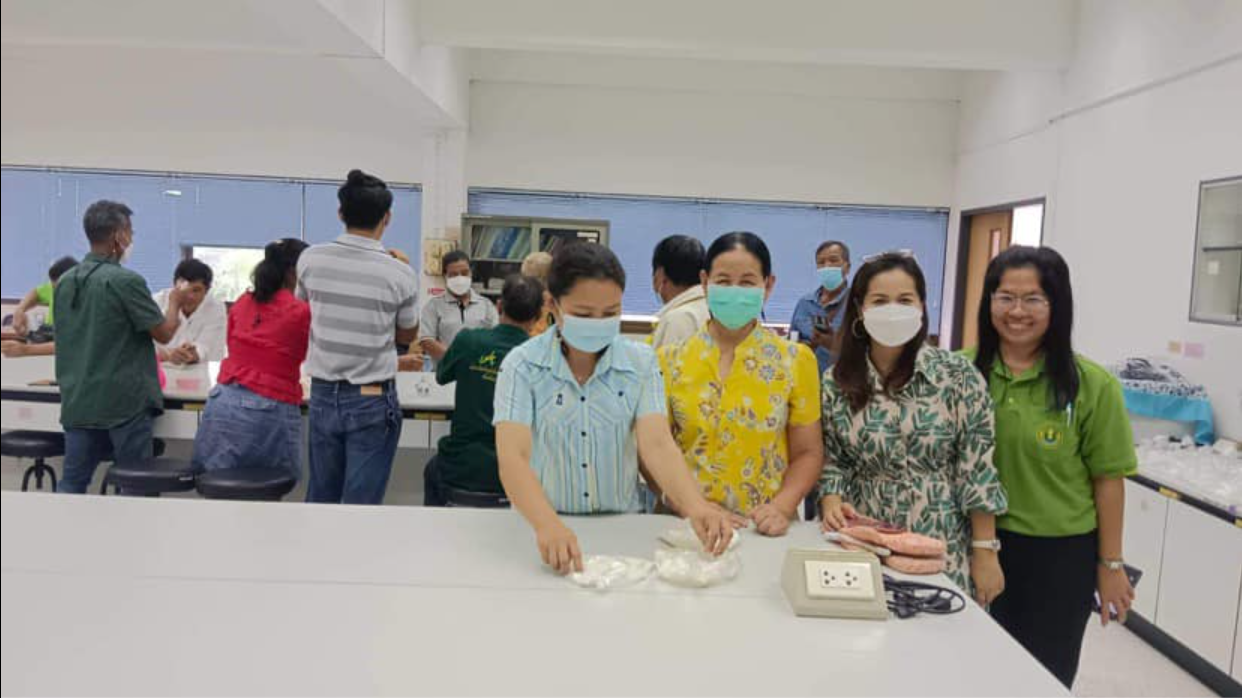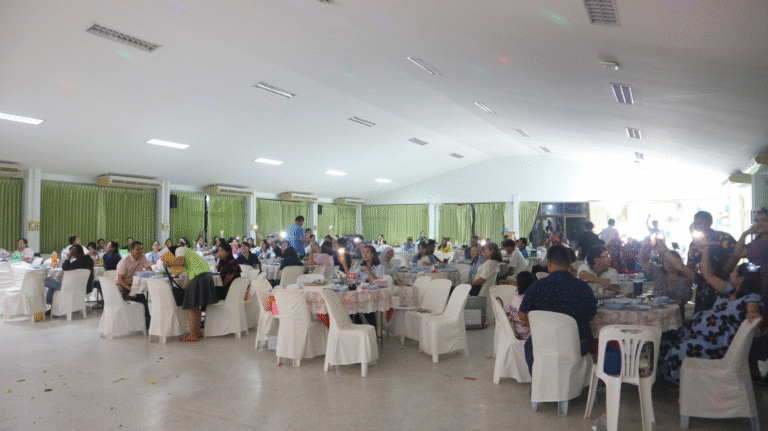Reporters: Asst.Prof.Dr. Prapot Maliwan
Assoc.Prof.Dr. Pornsil Seephueak
Asst.Prof.Dr. Nion Chirapongsathonkul
Asst.Prof.Dr. Worawitoo Meesook
Evidence Date: during 2023 Jan-Dec
Related SDGs:
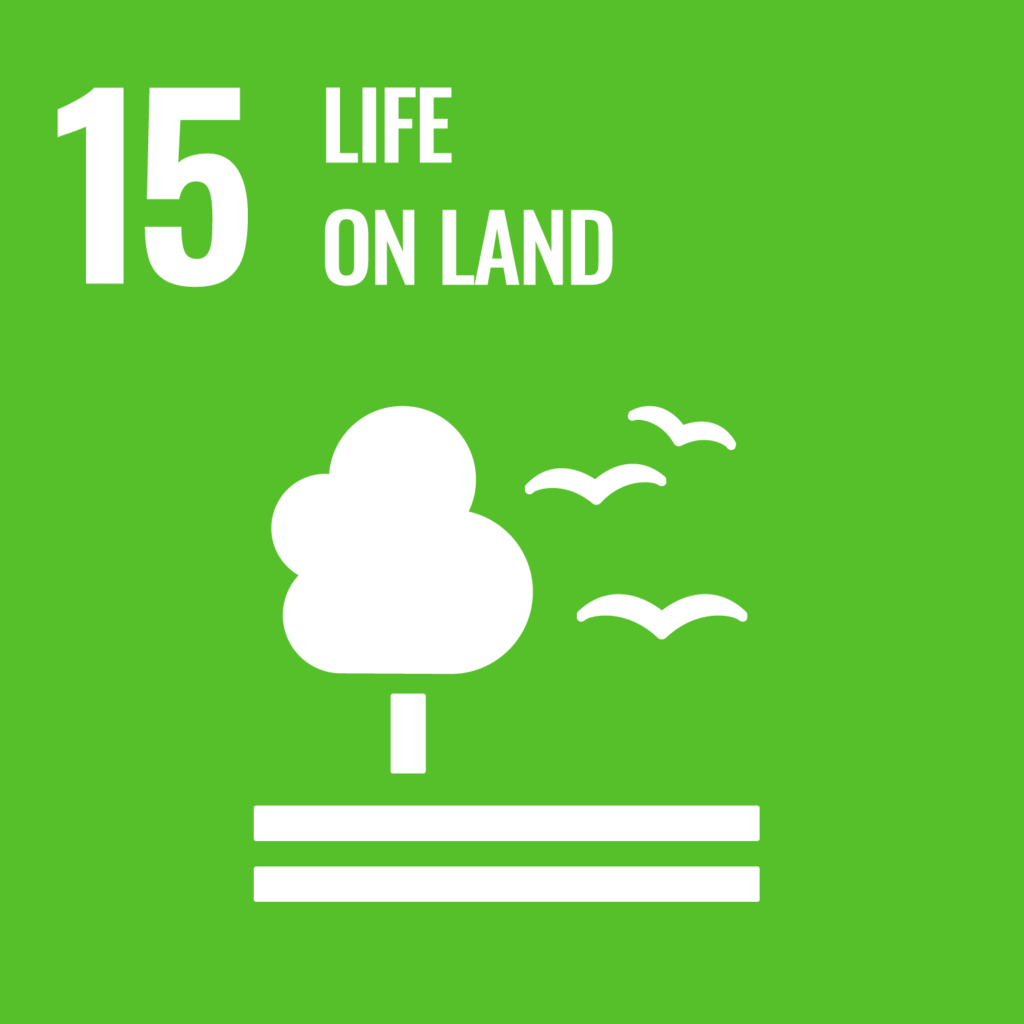
Related Indicators: 15.2.5
Details: On January 25, 2023, Associate Professor Dr. Pornsil Seephueak and Assistant Professor Dr. Patcharaporn Vanichpakorn from the Plant Science program at the Faculty of Agriculture, RMUTSV, conducted a master’s degree subject on Plant Pests and Their Management. This engaging session was enhanced through collaboration with the Agricultural Office of Tham Phannara District, which brought community farmers into the fold for hands-on training. During the workshop, participants practiced producing bio-products like Trichoderma spp. for managing plant diseases and Beauveria spp. for pest control. The practical training took place in the state-of-the-art plant pathology lab CB311 at the Nakhon Si Thammarat campus. The primary goal was to empower farmers to produce effective bioproducts for their households, promoting sustainable agricultural practices. A total of twenty eager participants attended the session, supported by master’s students who served as teaching assistants, guiding the farmers through the practical aspects of production.
The inclusion of master’s students as teaching assistants played a crucial role in this training initiative, fostering an interactive learning environment. These students not only provided additional support but also shared their knowledge and experiences with the farmers, bridging the gap between academic theory and practical application. By equipping local farmers with the skills to produce their own bioproducts, the training encouraged a shift away from chemical pesticides, promoting more sustainable management practices. This hands-on approach emphasizes the importance of integrated pest management, which is both environmentally friendly and effective. Furthermore, the collaboration between faculty, students, and the agricultural office cultivates a sense of community and shared responsibility among farmers, reinforcing the significance of sustainable land management for future generations. Overall, this initiative reflects a commitment to empowering local agricultural communities through research-driven knowledge and practical skills, ultimately enhancing the resilience and sustainability of the agricultural landscape in Nakhon Si Thammarat.
